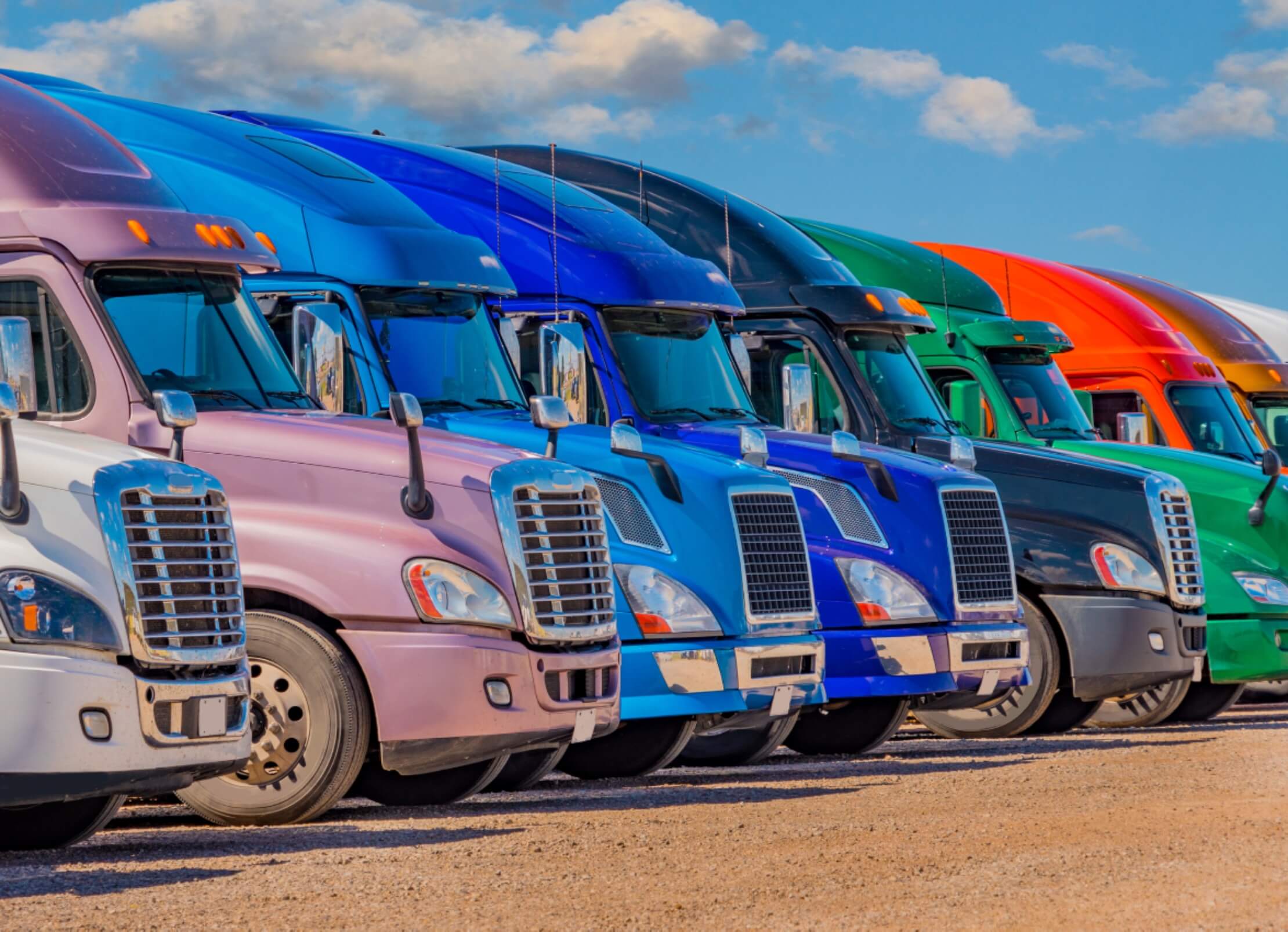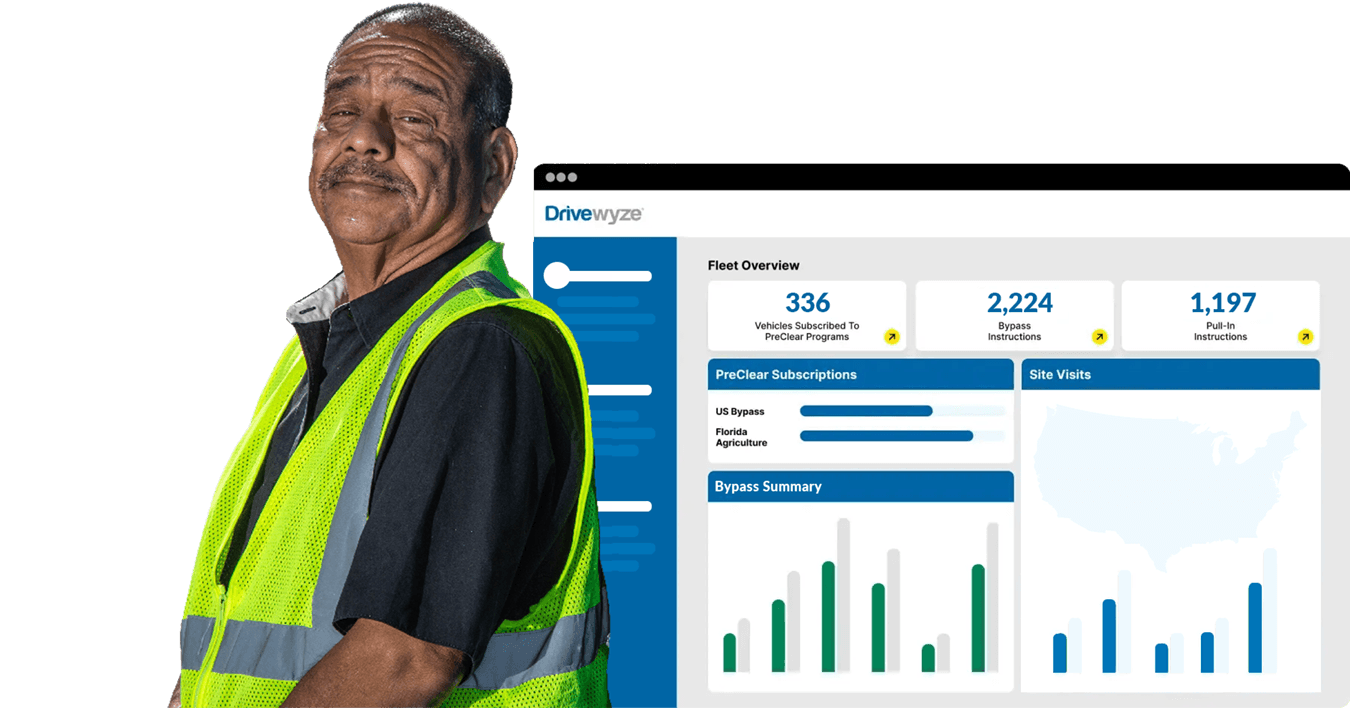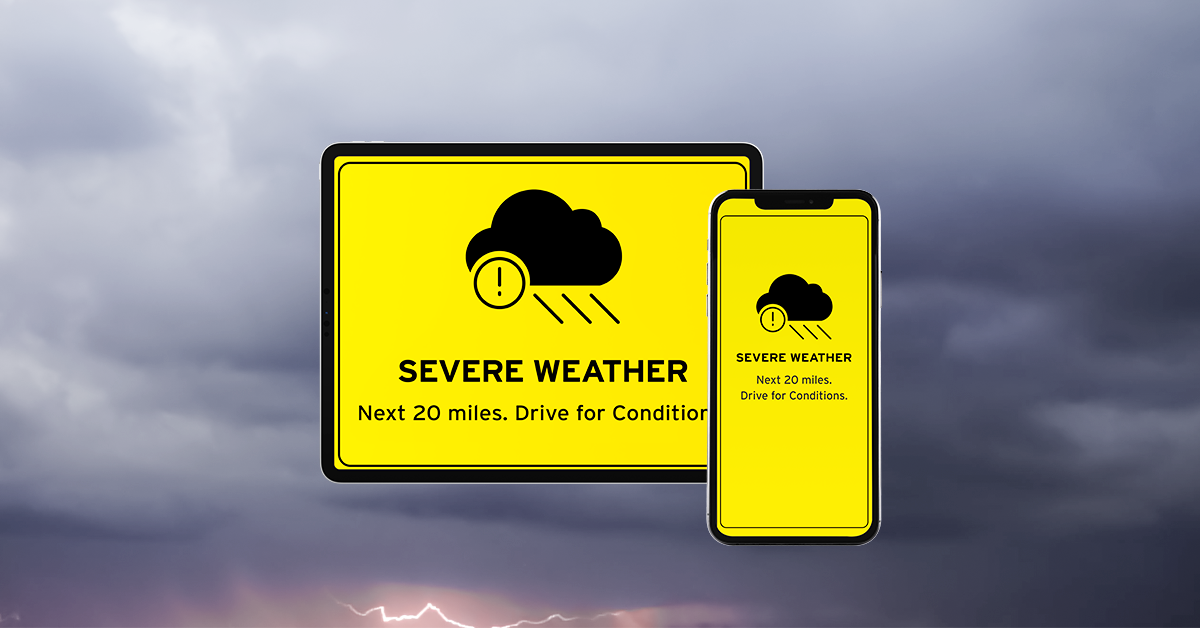The trucking industry is one of the American economy’s largest and most integral parts. In fact, 70% of U.S. freight goods are moved by trucks. Due to the industry’s economic impact and value, there’s always a high demand for trucks, truckers, and trucking companies. With that being said, before you start your own trucking business, it’s important to first familiarize yourself with all the economic and logistical factors. Knowing what to expect, including obtaining necessary business licenses and startup expenses, will help you be better prepared and more successful in the long-haul.
Related: Trucking 101: An Introductory Guide to the Trucking Industry
Starting a Trucking Business in 10 Steps
If you want to become the owner-operator of your own trucking company, here’s a step-by-step plan to get you started.
Step 1. Write a Business Plan
The first step for anyone looking to build a new business from the ground up is to create a business plan. This plan should include your foundational reasoning for starting the company as well as the necessary capital to get the company off the ground. The Small Business Association (SBA) recommends including a 3-5 year projection of how you expect the company to grow. Other important components of a business plan include:
- A detailed account of your prospective operations, including the staff you will hire and the technology and vehicle systems your company will use
- An analysis of current market conditions and how your company will grow and adapt to respond to them
- A survey of the services the company will offer its clientele
- Detailed financial projections to determine expected growth/revenue
As a new business owner, developing a thorough, detailed plan is most important because it’s a stepping stone to the rest of the process.
Step 2. Get a Commercial Driver’s License (CDL)
In order to drive a truck, you will need to have a commercial driver’s license, or CDL, as required by the Federal Motor Carrier Safety Administration (FMCSA). There are different types of CDL licenses, listed by Class, you can obtain, so it’s important to know which type your business will require. Depending on the type of materials you are transporting there are also endorsements needed, many of which require additional testing and may mean you have to renew your license more frequently for safety reasons. Make sure to do your research and ensure you have the proper licenses for your business needs.
Drivers over the age of 21 are eligible to apply. The application requires fees, proper identification, and tests for knowledge and vision confirming you understand the requirements for operating a large truck.
Step 3. Buy or Lease a Truck
You will need to decide between buying or leasing a truck. If you buy, you have full ownership and equity in your commercial vehicle, but it comes with high upfront costs. If you lease, you’ll have lower monthly payments but won’t own the truck outright.
There are several types of leases available, such as lease-purchase agreements, which allow you to eventually own the truck, or full-service leases that include maintenance in the monthly payment.
Costs for leasing typically range from $800 to $2,500 per month, while purchasing a truck outright can cost between $80,000 and $200,000, depending on whether it’s new or used.
Step 4. Register Your Business and Trademark the Name
To officially get your business started, you must register with local and state governments, a process that involves selecting a business structure (e.g., LLC, S-corporation) and submitting relevant forms. Registering your trucking business can cost anywhere from $100 to $1,000, depending on state requirements.
Additionally, you should trademark your business name to protect your brand and prevent other companies from using it. Trademark fees can range from $225 to $400.
Step 5. Incorporate Your Business
Forming an LLC or corporation helps shield your personal assets from liabilities incurred by the business and makes it easier to secure financing. Filing fees to incorporate typically range from $50 to $500, depending on your state.
Once incorporated, you will need to apply for an Employer Identification Number (EIN) from the IRS, which is free and necessary for filing taxes and opening a business bank account.
Step 6. Obtain a Business License, Permits, and Insurance
Following your registration procedures, you need to make sure to obtain the proper licensing and permits to operate your business legally. Because of the unique challenges trucking companies face in a highly regulated industry, it is important to research all requirements before you begin operations. These steps may include:
- Getting your U.S. Department of Transportation (USDOT) number
- Getting your International Fuel Tax Agreement (IFTA) stickers
- Obtaining an Employment Identification Number (EIN)
- Register for properly apportioned license plates
- Obtaining a Standard Carrier Alpha Code (SCAC) from the National Motor Freight Traffic Association (NMFTA)
Step 7. Choose the Right Equipment
Of course, some of the most important business decisions you will have to make involve finding the right equipment for your needs. This means trucks first and foremost, but also other supportive systems the vehicles will need to operate smoothly, such as electronic logging devices (ELDs).
When buying a truck, there are several factors you may want to consider before purchasing, including:
- Price point
- Weight limit
- Cab style
- Required hauling distance
- Weather resistance
Other important considerations include whether you want to buy used trucks or new trucks as well as whether you want to outright buy versus lease your vehicles.
Step 8. Designate a Process Agent (BOC-3 Form)
When operating a trucking business, you must designate a process agent by filing the BOC-3 Form with the Federal Motor Carrier Safety Administration (FMCSA). The process agent is responsible for accepting legal documents on behalf of your company in every state where you operate.
Hiring a process agent service can cost anywhere from $20 to $100 annually.
Step 9. Complete Compliance Filings
To legally operate a trucking company, you must complete several compliance filings, including:
- Unified Carrier Registration (UCR): Costs for UCR filing range from $60 to $1,000, depending on fleet size.
- International Registration Plan (IRP) Tag: If your company will operate in both the U.S. and Canada, you’ll need an IRP tag, which typically costs $1,500 to $2,500 annually.
- Standard Carrier Alpha Code (SCAC): Obtain a SCAC from the National Motor Freight Traffic Association (NMFTA), which is mandatory for many shippers. Registration fees are $80 to $125.
- USDOT Number and MC Number: Apply for both numbers through the FMCSA, which may cost between $300 to $500.
Step 10. Trucking Insurance Requirements
Insurance policies are one of the most important investments you’ll make for your trucking business. Insurance coverage includes:
- General Liability Insurance (costing about $500 to $800 annually)
- Primary Trucking Liability Insurance (ranges from $5,000 to $12,000 annually depending on driving history, truck type, and routes)
- Physical Damage Insurance for trucks and trailers
- Cargo Insurance for the freight you transport
Each type of insurance is essential to cover various risks, such as accidents, theft, or damage to your cargo.
Step 11. Open a Small Business Bank Account
After incorporating your business and obtaining an EIN, the next step is to open a small business bank account. This will help you keep your personal and business finances separate, which is important for tax purposes and protecting your personal assets. Many banks offer small business accounts with minimal fees, often ranging from $10 to $30 per month.
Step 12. Obtain Your Trucking Authority
To operate legally as a motor carrier, you must obtain your operating authority by filing for your Motor Carrier (MC) number with the FMCSA. The cost to apply for this authority is around $300, and it grants you the legal ability to haul freight commercially.
Step 13. Secure Startup Funding
Purchasing trucks and equipment, paying for insurance, and covering other startup costs can be expensive. To finance your trucking company, you can apply for an SBA loan or a short-term business loan.
SBA loans offer lower interest rates, but they may take longer to get approved. Short-term business loans, on the other hand, have quicker approval times but often come with higher interest rates.
How to Find Loads
Once you have all the legal requirements and financial steps in place, the next challenge is finding loads for your trucks. Here are some options:
- Load Boards: Online platforms where shippers and freight brokers post available loads (e.g., DAT, Truckstop).
- Freight Brokers: Third parties who connect carriers with shippers.
- Prospect Shippers: Reach out directly to manufacturers, retailers, or distributors that need freight services.
To explore these options further, you can visit DAT Load Board and Truckstop.
How Much Does it Cost to Start a Trucking Company?
The costs required to start your trucking business ultimately depend on your location, number of trucks, and business plan. Registration, taxes, and other paperwork to start the business alone can cost up to $15,000. Obtaining your CDL also depends on the locality but typically costs between $3,000 to $10,000.
Once you start purchasing equipment the cost rises significantly, but, as mentioned above, the total cost will depend on many factors such as buying new vs. used trucks and trailers.
Take the Next Steps to Start Your Business
Now that you know how to start a trucking company, we’re here to answer any additional questions you may have. Drivewyze offers a wide range of solutions, resources, webinars, and other support for anyone looking to get involved in the industry.
Frequently Asked Questions (FAQs) About Starting a Trucking Company
Can you start a trucking business with just one truck?
Yes, there are many trucking businesses that operate with one truck. Trucking companies with a low number of trucks are very common. In fact, according to truckinfo.net, 90% of all trucking companies in the U.S. operate with six trucks or fewer.
How much can you make owning a trucking company?
While the actual numbers may differ greatly depending on your location, role, and other factors, owner-operators take home $2,000-$5,000/week, according to Cargo Transport Alliance LLC.
Can you own a trucking company without a CDL?
Yes, but you will need to hire CDL truck drivers since you won’t be an operator. As the owner you are not required to have a CDL.
Do you need an LLC for a trucking company?
While you are not required to form an LLC, it is highly recommended. An LLC protects your personal assets from any liabilities incurred by the business.
What is the best way to finance a trucking company?
There are several options for financing a trucking company, including SBA loans, short-term business loans, and leasing trucks instead of buying.
How to get a loan to start a trucking business?
To get a loan, you’ll need a solid business plan, a good credit score, and collateral. Start by applying for a business loan through your bank or an SBA-backed loan.
How much does it cost to start a trucking company?
Costs vary based on factors like the number of trucks, but startup costs can range from $10,000 to $20,000 for paperwork and compliance alone. Purchasing a truck can add another $80,000 to $200,000 depending on whether you buy new or used.

Ready to Get Started?
Learn how North America’s leading carriers use Drivewyze to save money and improve safety.





